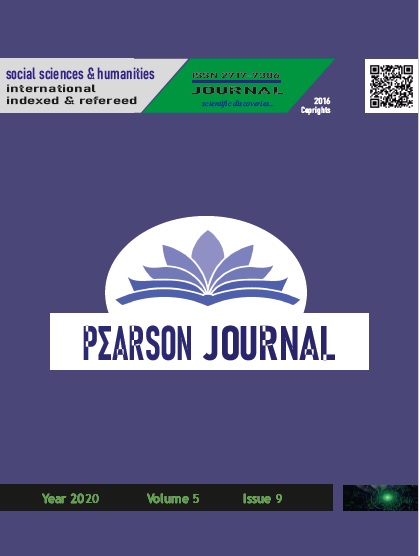OVERVIEW OF THE TRANSITION FROM INDUSTRY 4.0 TO INDUSTRY 5.0
DOI:
https://doi.org/10.46872/pj.181Keywords:
Industrial paradigms, Industry 4.0, Industry 5.0Abstract
Industry 4.0 concept has gone through different industrial paradigms called Industry 1.0, Industry 2.0 and Industry 3.0. Recently, exponential developments in the internet of things caused Industry 4.0. In parallel with Industry 4.0, the Industry 5.0 paradigm is also developing. The aim of the study, which is based on the transition from Industry 4.0 to Industry 5.0 and is carried out with the literature scanning method, is to try to find the questions that are stuck in the minds and to open the door to new questions. What has been learned from previous industrial transformations and will these experiences help facilitate the transition to Industry 5.0? Or will the transition from one industrial paradigm to another be devastating, brutal, and socially distressing? At the end of the study, it is stated that the fifth industrial paradigm or industrial revolution will bring difficulties as well as benefits for humanity. It was predicted that automation will increasingly change the dynamics of the workforce, jobs will classify as “high exposure to automation” or “less exposure to automation” in the context of robotics technology, the new type of work created in an automated environment of human-robot collaboration will require highly advanced skills that are beyond the reach of the majority, income inequality that will occur may turn into a worldwide crisis in the future as well as, existing online security techniques would be insufficient and international laws, regulations, management/governance should be rediscovered in order to adapt to this rapid change.




